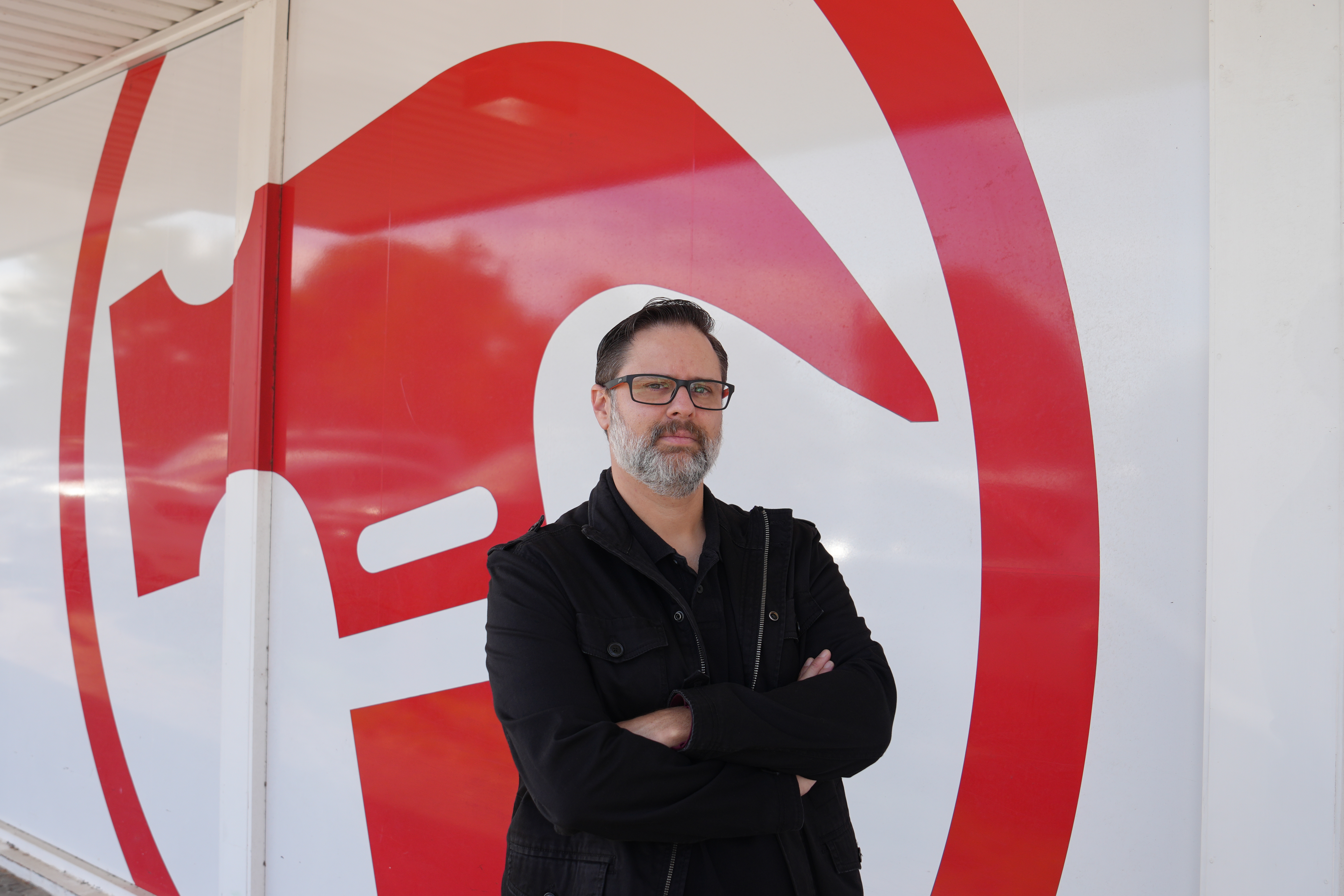Wesfarmers is facing scrutiny over its role in Indigenous procurement after whistleblower allegations about the governance structure of a supplier 49 per cent owned by one of the corporate giant's subsidiaries - Blackwoods.
According to protected disclosures submitted to ASIC and a complaint submitted to Supply Nation, whistleblower Phillip Sillifant, an Indigenous business lead at Bunnings, has alleged Wesfarmers Group failed to properly declare conflicts of interest while simultaneously overseeing supplier diversity portfolios and commercial partnerships.
He has raised concerns with Supply Nation about the possibility of "Black cladding" - a term describing non-Indigenous-controlled businesses appearing Indigenous-owned to win contracts.
GUC is listed as a Supply Nation certified Indigenous business and positioned to participate in federal government contracts under the Indigenous Procurement Policy (IPP).
ASIC records confirm that GUC is 51 per cent owned by Gardiner & Dodd Pty Ltd and 49 per cent owned by J. Blackwood & Son Pty Ltd, a wholly owned Wesfarmers entity.
While GUC meets the requirement of 51 per cent Indigenous ownership, Mr Sillifant has questioned whether real control and benefit rests with the company's Aboriginal shareholder.
National Indigenous Times has sighted correspondence on the company letterhead from Melissa O'Neill, Chief Corporate Affairs Officer of Bunnings Group Ltd, stating Bunnings' Indigenous Affairs team was "in the process of formulating its Indigenous Business Commercialisation strategy aimed at developing product ranges sourced from or supported by Indigenous business which can be marketed to organisations with direct or indirect targets under the Australian government's Indigenous Procurement Policy."
Mr Sillifant claims GUC could serve as an aggregation vehicle for Bunnings products - allowing Bunnings stock to be purchased wholesale and resold by GUC under an Indigenous banner, potentially meeting government IPP thresholds.
He argues this model could disadvantage Indigenous suppliers seeking independent access to those markets, given Bunnings' market dominance and supply chain contracts.
At the centre of the allegations is the position of Michelle Matthews, Head of First Nations Affairs and Economic Enterprise at Bunnings, who was appointed a director of hardware supplier Geared Up Culcha on November 5, 2024.
Her appointment occurred while she retained responsibility for Bunnings' Indigenous procurement strategy and supplier relationships.
Mr Sillifant alleges Ms Matthews' appointment was not transparently disclosed across the company and that it raised governance concerns. In written material submitted to regulators, he stated her dual role overseeing procurement and sitting on the board of a supplier represented a structural conflict.
His submission noted Ms Matthews was appointed to the GUC board on the same day another Wesfarmers Indigenous executive stepped down. He alleges this timing may have been strategic and should be reviewed.
In documents seen by National Indigenous Times, Mr Sillifant wrote that the arrangement "raised questions that GUC could become an aggregator to sell Bunnings products," and that this scenario "would allow any product from Bunnings to be sold to GUC at wholesale price, as a supplier".
National Indigenous Times does not suggest that Ms Matthews herself has engaged in any disclosure or governance failures.

Wesfarmers disclosed its significant shareholding in Geared Up Culcha via Blackwoods on the company's website in 2021.
GUC founder and chief executive Paul Dodd, a proud Bundjalung man, told National Indigenous Times on Thursday his company's board comprised four directors, two of whom are First Nations people. Mr Dodd is the only director with operational responsibilities within the business.
"The remaining board directors have no role in procurement or other operational decisions made by the business," he said.
Mr Dodd, as 51 per cent owner, has a majority vote on any board decisions.
"Wesfarmers holds a minority interest in the business and is represented on the board by non-executive director, Michelle Matthews, who is a First Nations person," he said.
"GUC adheres to strict protocols to manage the relationship with Wesfarmers, including the management of conflicts of interest."
Under the protocols, any trading between GUC and Wesfarmers is conducted only on a commercial arms' length basis, he said.
"GUC does not have any commercial dealings with Bunnings and is a Supply Nation certified business," Mr Dodd said.
"When Wesfarmers acquired 49 per cent of GUC in 2021, the company underwent a comprehensive audit by Supply Nation and was found to meet all required governance, management and Indigenous benefit standards."
In correspondence provided to regulators, Mr Sillifant argued that structural risks within the GUC partnership undermined Wesfarmers' claims of ethical procurement and genuine Indigenous empowerment.
He has called for a full independent audit of GUC's eligibility, board governance, and commercial arrangements with Wesfarmers Group companies.
Northern Territory Indigenous Business Network CEO Naomi Anstess said although Wesfarmers had been a strong supporter of the Aboriginal business sector, it needed to use other avenues to empower the industry.
"What we hope to see is corporate giants like them partnering in ways that promote and advance true Aboriginal ownership in business, through their supply chains and employment, rather than ownership," she said.
Wesfarmers and Bunnings did not respond to questions from National Indigenous Times regarding Ms Matthews' board appointment, internal declarations, or the company's Indigenous procurement strategy.
All Indigenous people who have experienced unsatisfactory treatment in their workplace, or who have concerns about workplace structure or governance, are encouraged to contact National Indigenous Times at editor@nit.com.au.
